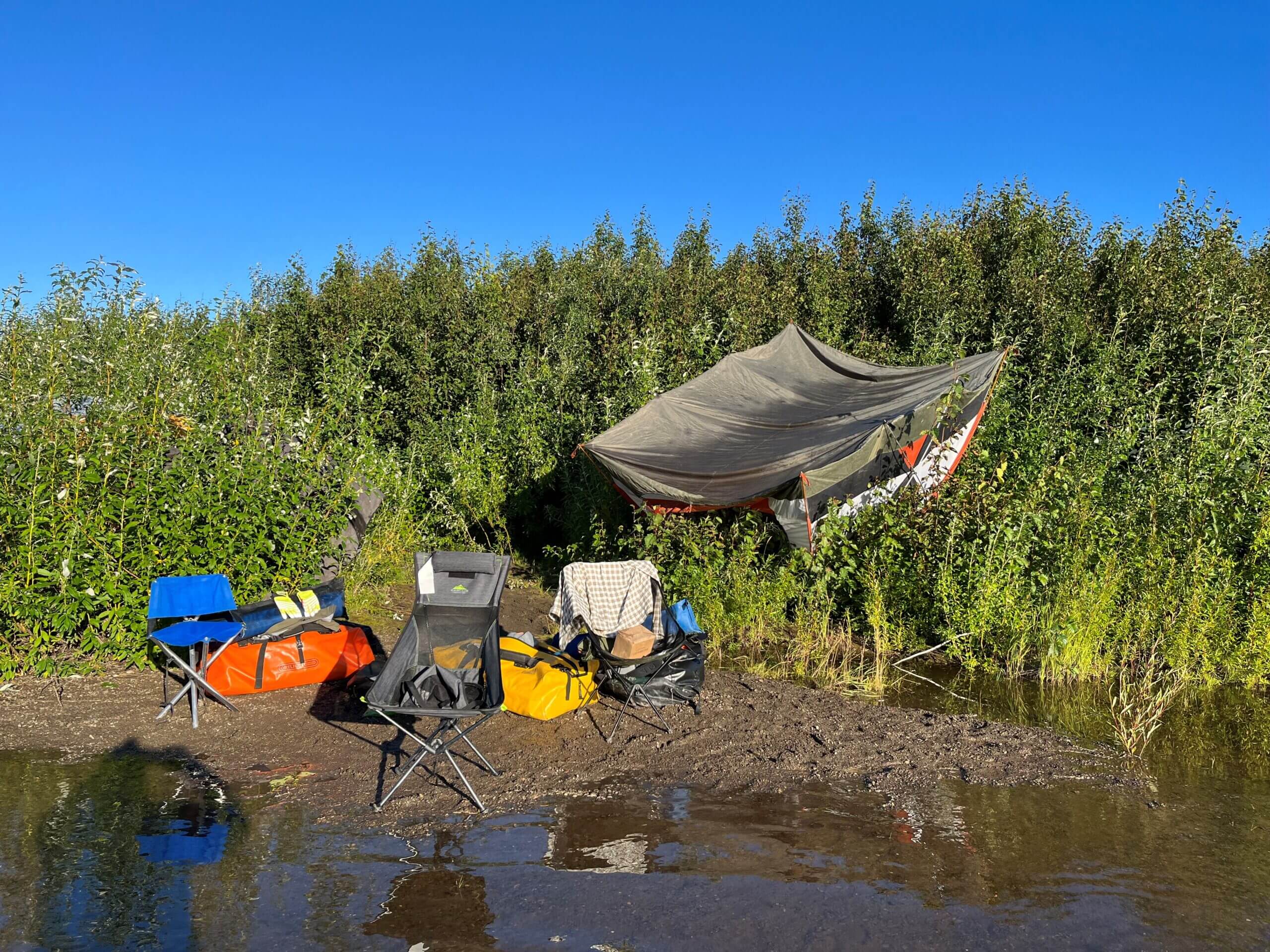Financial advisors have a seemingly simple job – help their clients reach their financial goals. However, once you go beyond just goal setting, you will quickly find that the “planning” part of financial planning is not a static job.
No matter how committed one is to their financial goals, a plan that does not account for the unexpected can often fall short of allowing one to achieve these goals. In my years of financial planning, financial resilience has become more and more prevalent. Resilience is not about how much you have, but how much you can overcome.
Financial Plans Can Safeguard Your Financial Dreams
My career in financial planning started at the onset of the Dotcom bubble. The downturn seemed to be never ending and proved to be a trying time not only myself for as a young professional, but for the industry. In the last few decades, life threw curveballs at all of us, most of which we could never see coming. The September 11th attacks, 08’ Great Financial Crisis (GFC), and of course the pandemic. While each of these events were unexpected, they were all things we were prepared for in one way or another.
Morgan Housel named resilience as a key aspect of financial planning in his book, The Psychology of Money. According to Housel, when it comes to financial planning, it is not about what you know, but how you react.
Financial planners got through 9/11 and the 08’ GFC by being prepared for the unexpected when it inevitably occurred. No one expected the pandemic, but we overcame financially based on our reactions. Good financial planners prepare for the worst and build a plan that allows them to safeguard one’s financial dreams during uncertain times.
Resilience and Reacting to Adversity
I have been to Alaska over 30 times. Throughout the decades I have camped in the back country, floated down rivers, had countless flyfishing adventures, and flown on seaplanes through dangerous mountain ranges. Alaska is where I learned the importance of resilience, and the importance of how you react to adversity rather than falling back on what you know.
I take a similar approach to planning for our trips as I do to crafting a financial plan. We allocate more provisions than we need, diversify supplies between rafts, and make sure we have ample emergency equipment.
Just like ensuring that one has an emergency fund, we make sure to pack extra rope, tent stakes, stoves, fuel, and endless other provisions.
“Aiming to be mostly reasonable works better than trying to be coldly rational.” – Morgan Housel
The extra packing and preparations are often never needed but can be lifesaving if things were to take a turn for the worst.
Housel states that sometimes we need to make the reasonable decision, and not the rational decision.
It is not rational to take two extra stoves, but it’s reasonable when you know that your group may be separated for days on end, or a stove simply malfunctions. It may not be rational to hold cash or pay off a debt early, but it’s very often a reasonable decision. Reasonable decision making allows you to be adaptive when things don’t go according to plan. It ensures a better night’s sleep and a more resilient financial plan.

“History is the study of change, ironically used as a map of the future” – Morgan Housel
You Can’t Predict the Future – You Can Only Prepare for It
In my decades long experience in the Alaskan back country, my last trip in Alaska was by far the most difficult. The weather suddenly turned for the worse and we were fighting to keep our tents from blowing into the rising river. The storm we encountered in Alaska was unlike any other that we had seen. High winds, cold weather, heavy rain – the whole nine yards.
Before I embarked on my trip, I found myself assuming that this journey would be as smooth as previous adventures. Housel talked about how humans tend to make inferences about the future based on the past. There is no predicting the future, only preparing for it.
Not in my wildest dreams would I have predicted having to hold on to dear life to make sure our equipment didn’t blow into the river. Nonetheless, I found myself inevitably prepared for it.
As we traveled down river, we heard stories of others whose tents and equipment were drenched in the river. We saw people who had no choice but to cut the trip short as the storm had blown away all their equipment. These stories were of people who were ill-prepared for the Alaskan backcountry. They ended up drenched and vowed never to return to another river trip.

This is where our extra provisions, rope, stoves, and fuel we’d been lugging around for dozens of Alaskan trips thinking we’d never use, saved our trip. Our heavy and seemingly needless yet possibly lifesaving equipment was the difference between us finishing the trip and us losing our equipment to the river. In fact, we found ourselves using every last piece of our equipment.
Even Morgan Housel’s book was used as a cutting board for salami and cheese when cooking was not an option.
This is where our reasonable decision and our consistent preparation bared fruit. We were able to adapt quickly and had the resources necessary to be resilient at an uncertain time.

A Good Plan Can Withstand Obstacles

I have learned both through my life as a financial planner and as an outdoorsman that planning for the worst is the way to go. This means that we always pack more than we anticipate we will need, and it very often seems to be an unreasonable precaution, until you need it. No one needs an emergency fund, life insurance, or an updated estate plan until they need it. Preparing for the future and staying consistent in your preparations is the only way you can be at your best in times of adversity.
As I sat sheltered in my tent during this crazy Alaskan storm, I finished Housel’s book for a second time. His writing drew me into my passion of financial planning and inspired me to look at how Avier’s future can better adapt for the uncertainties that are sure to come.
Just like the weather in the Alaskan backcountry, financial planners know that no one can avoid a downturn, recessions, or a pandemic. You cannot avoid obstacles. You can only shape your plan in a way that can overcome them. Housel gives us some basic, but vital pointers on how we can do this. From holding cash even in bull markets, to living below your means, the way you shape you plan can determine how you can react to situations big in small.
“The most important part of every plan is planning on your plan not going according to plan” – Morgan Housel
Both in Alaska and in our Bellevue office, the importance of planning for the unknown has led to our people being able to face adversity with resilience and flexibility.
Good financial planning shouldn’t revolve solely around maximizing return but protecting one’s goals in a forever changing world. Our focus on resilience and reaction is what got Avier to where it is today, and it’s what got me through the Alaskan backcountry… and I am certain it’s what will get us through whatever is next to come.